Looking Ahead: In a world inundated with data, one technology stands out as a sustainable, low-maintenance option for long-term storage. Cerabyte’s potential to provide durable storage at ultra-low costs is generating excitement, with its recent tests setting new standards for the future of data archiving.
Cerabyte’s recent experiment, which involved subjecting its glass storage to extreme conditions like boiling salt water and high heat, showcased the resilience of its archival medium. The results were impressive, demonstrating that Cerabyte’s storage solution can withstand harsh environments that would typically damage conventional data storage methods.
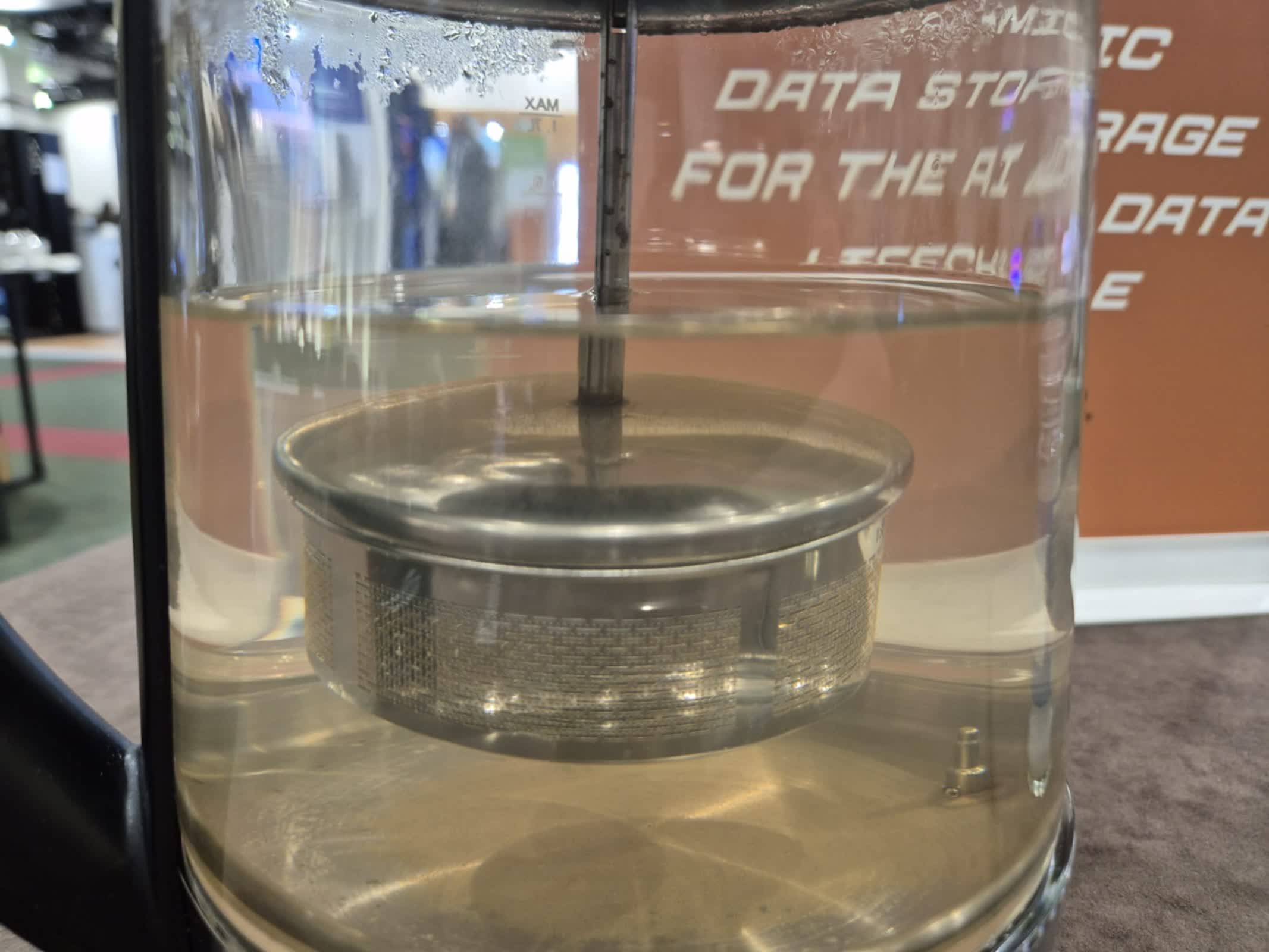
Established in 2022, Cerabyte is revolutionizing digital archiving with its innovative technology. By utilizing an ultra-thin ceramic layer on a glass substrate, the company has created a storage medium that boasts exceptional durability and longevity.
The data is etched into the ceramic layer using femtosecond lasers, allowing each chip to store up to 1 GB of information per side. With a projected lifespan of 5,000 years or more, Cerabyte’s storage solution is as enduring as ancient hieroglyphs.
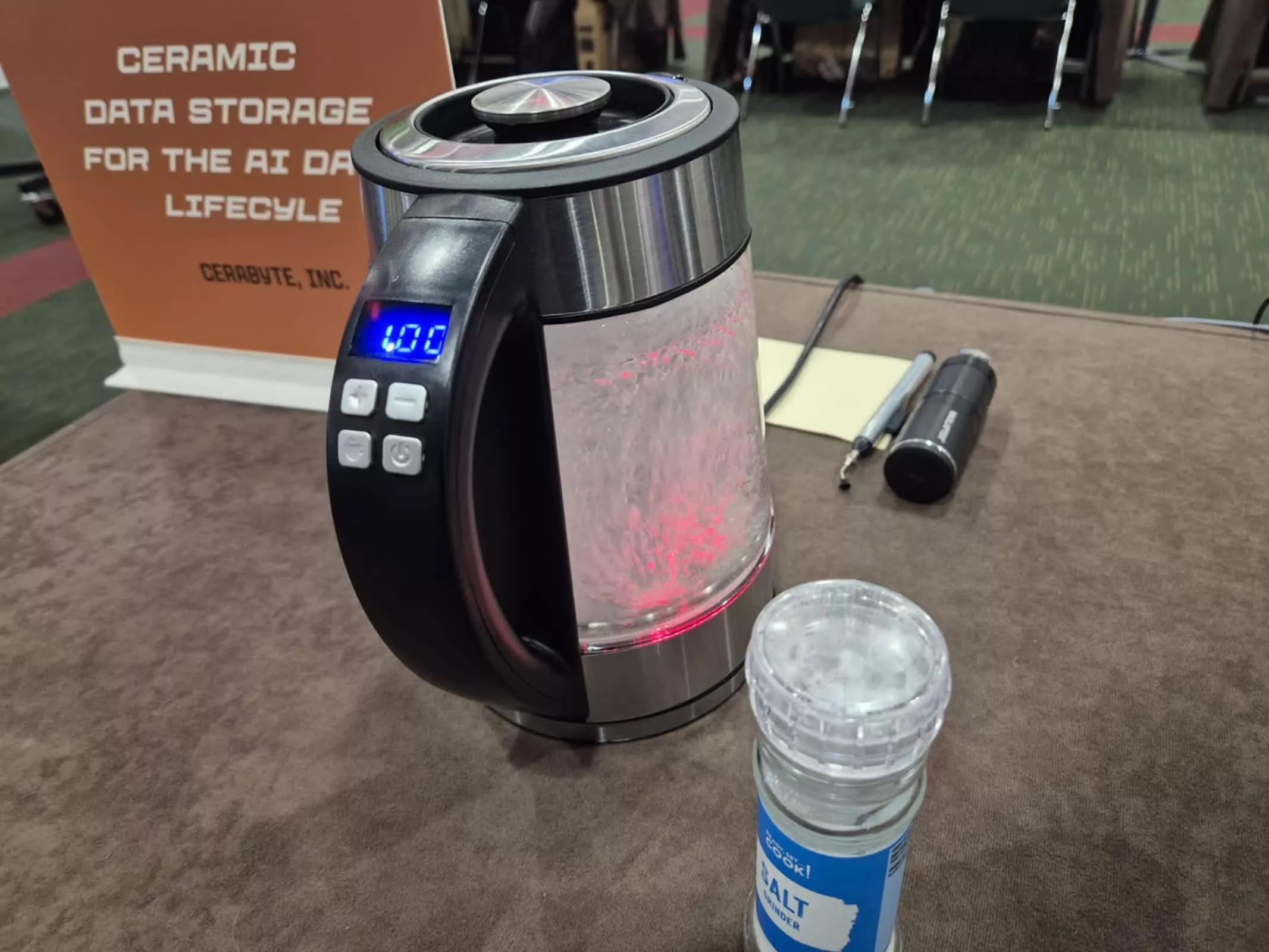
Glass is renowned for its durability, making it an ideal material for long-term data storage. Cerabyte’s tests, including subjecting the storage media to boiling salt water and high temperatures, highlight the robustness of their storage solution.
While the impact of physical shock on the ceramic layer remains undisclosed, Cerabyte’s storage medium has proven its resilience against environmental hazards.
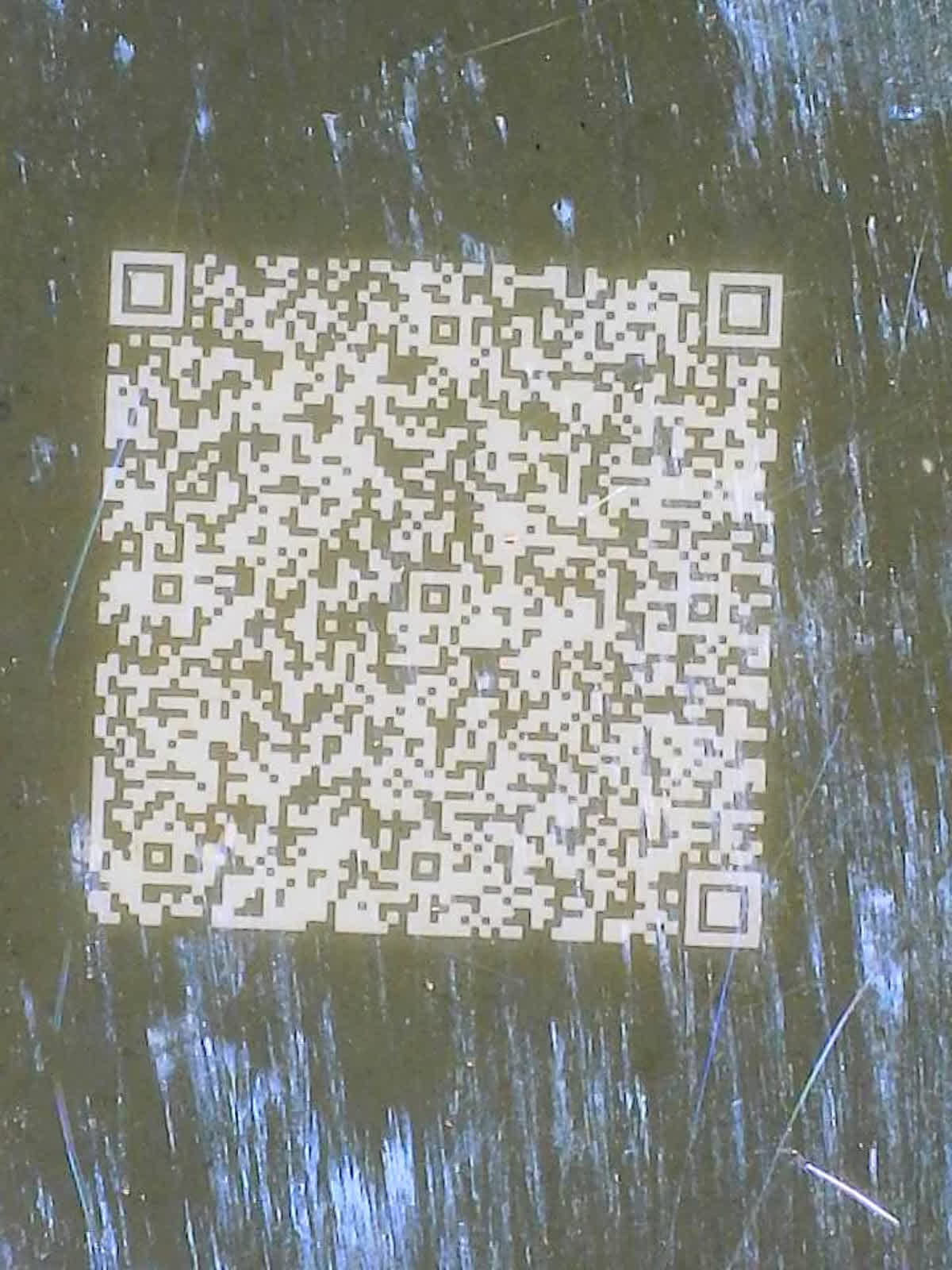
Cerabyte’s vision extends beyond durability, aiming to make archival storage more affordable at less than $1 per terabyte by 2030. This ambitious goal could revolutionize the economics of long-term data preservation.
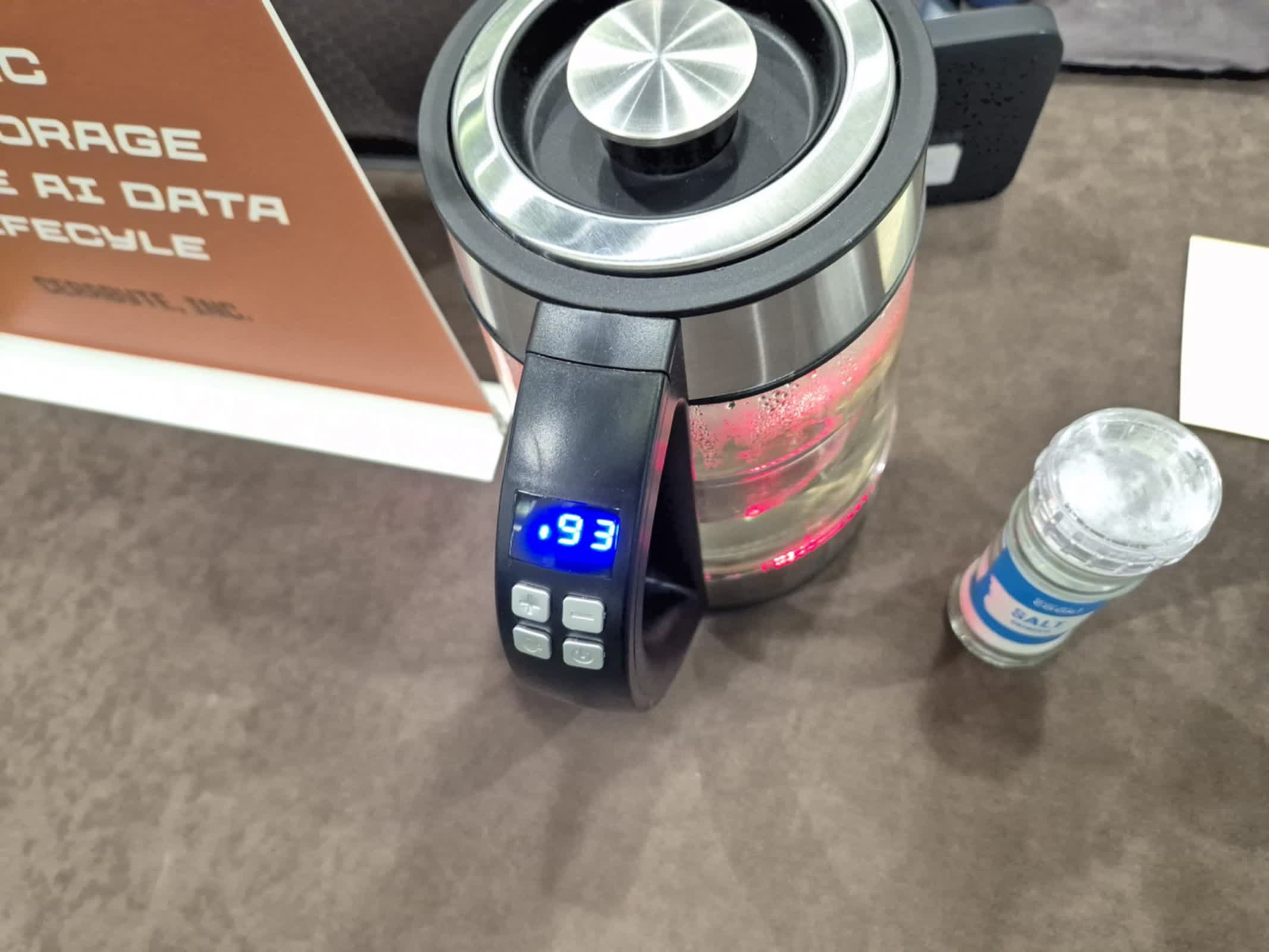
Cerabyte’s roadmap includes glass slides and CeraTape, a tape format with exabyte-scale capacity designed for seamless integration with existing robotic library systems.
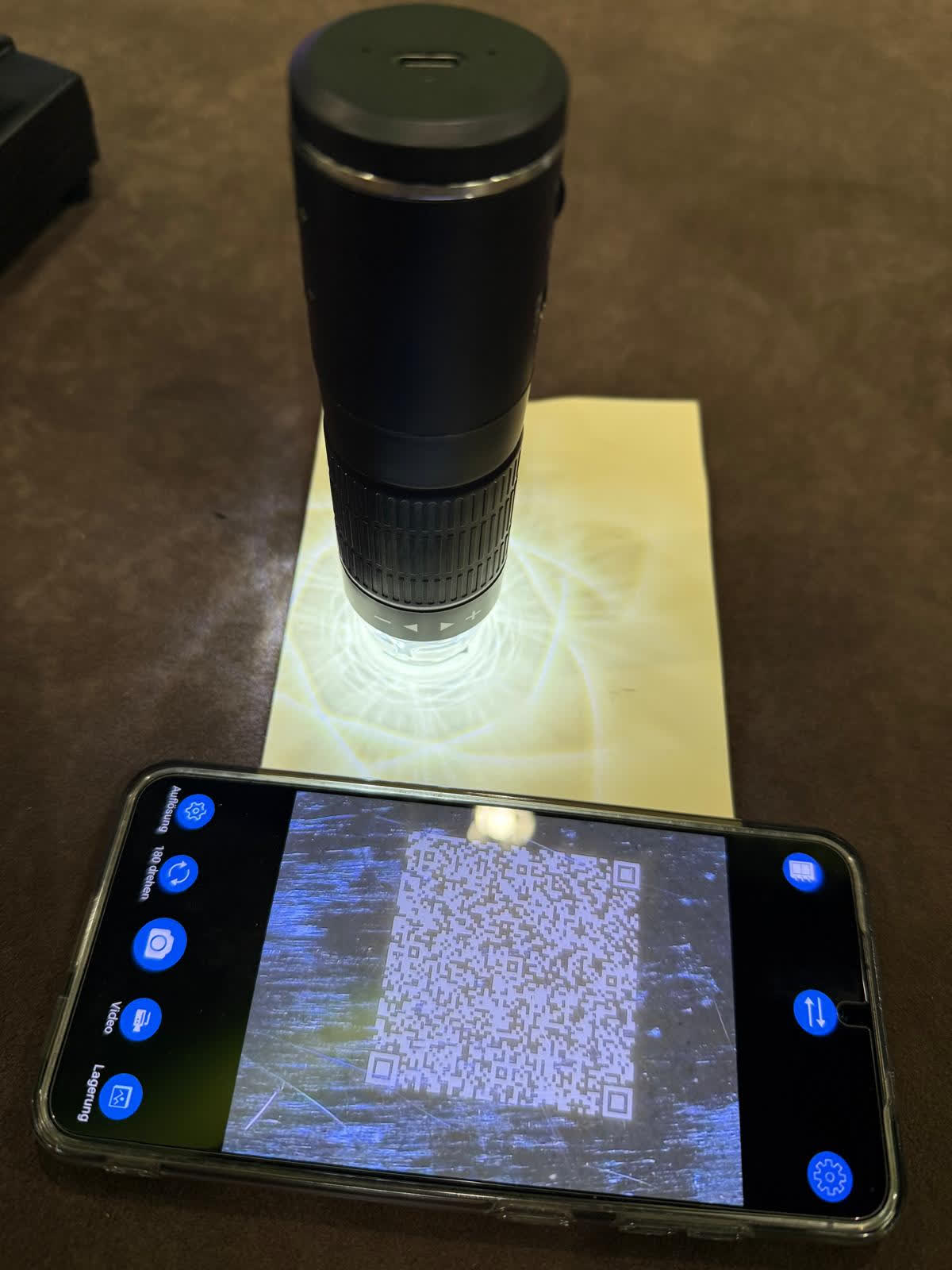
Cerabyte’s demonstrations have captivated audiences at industry events, showcasing the retrieval of data post-extreme stress tests. Unlike traditional archival methods that degrade over time, Cerabyte’s ceramic-on-glass approach promises long-lasting data storage without the need for frequent maintenance.